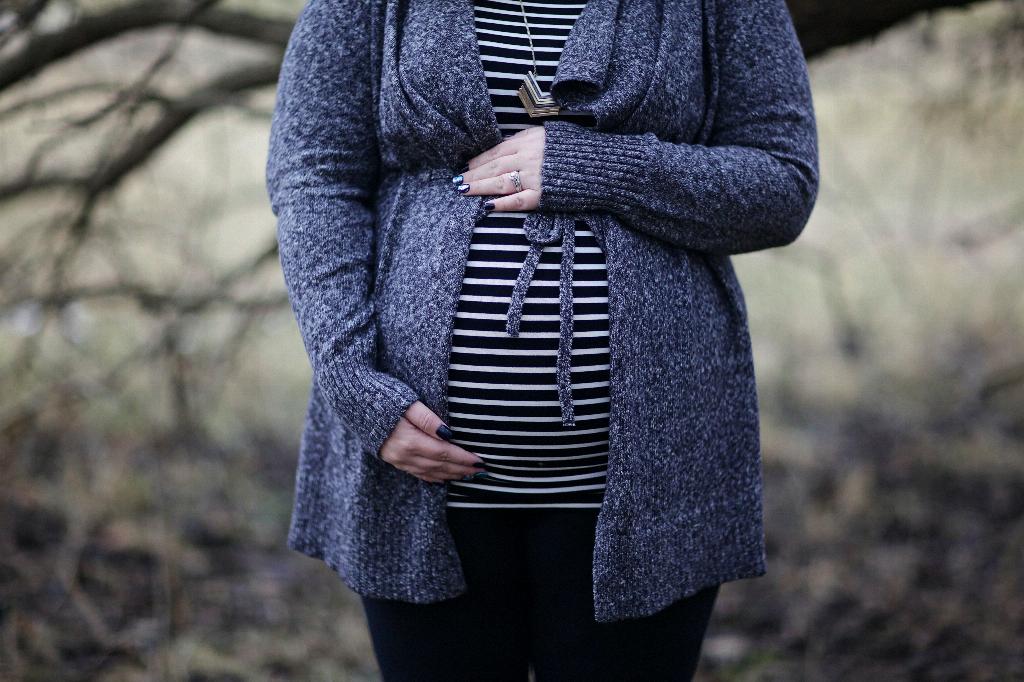By the time you reach the later stages of pregnancy, you may experience a notable shift in the position of your baby. This phenomenon, commonly known as “lightening,” refers to the moment when your baby descends lower into your pelvis in preparation for birth. As your baby settles into the pelvis, the pressure on your diaphragm decreases, making it easier to breathe. This repositioning may also cause some physical changes in your body, leading to the term “lightening.”
Causes and Factors Contributing to the Term Lightening
Several factors can contribute to the process of lightening during pregnancy. While each pregnancy is unique, common causes include the softening of ligaments and muscles in the pelvic area, the baby’s movements and engagement into the pelvis, and the release of the hormone relaxin, which aids in the relaxation of ligaments to facilitate childbirth.
Physical Sensations and Symptoms Associated with Lightening in Pregnancy
As your baby descends lower into your pelvis, you may experience a variety of physical sensations. These can include increased pelvic pressure, changes in your gait, relief from heartburn and shortness of breath, and an increased urge to urinate due to the baby’s proximity to the bladder.
Importance of Lightening in the Later Stages of Pregnancy
The process of lightening marks an important milestone in your pregnancy journey. It indicates that your baby is getting into the optimal position for birth, with their head typically facing downward. This positioning is crucial for a smoother and more efficient labor and delivery process.
Tips for Managing Discomfort Related to Lightening
To alleviate any discomfort associated with lightening, consider practicing gentle exercises like prenatal yoga, wearing supportive maternity belts, using pillows for added comfort while sitting or sleeping, and maintaining good posture. Additionally, staying hydrated and taking regular breaks can help reduce pelvic pressure and promote overall well-being.
When to Seek Medical Advice Regarding Lightening in Pregnancy
If you have any concerns about the process of lightening or experience severe pelvic pain, vaginal bleeding, or a noticeable decrease in fetal movement, it is essential to consult your healthcare provider promptly. These symptoms may indicate complications that require immediate medical attention.

